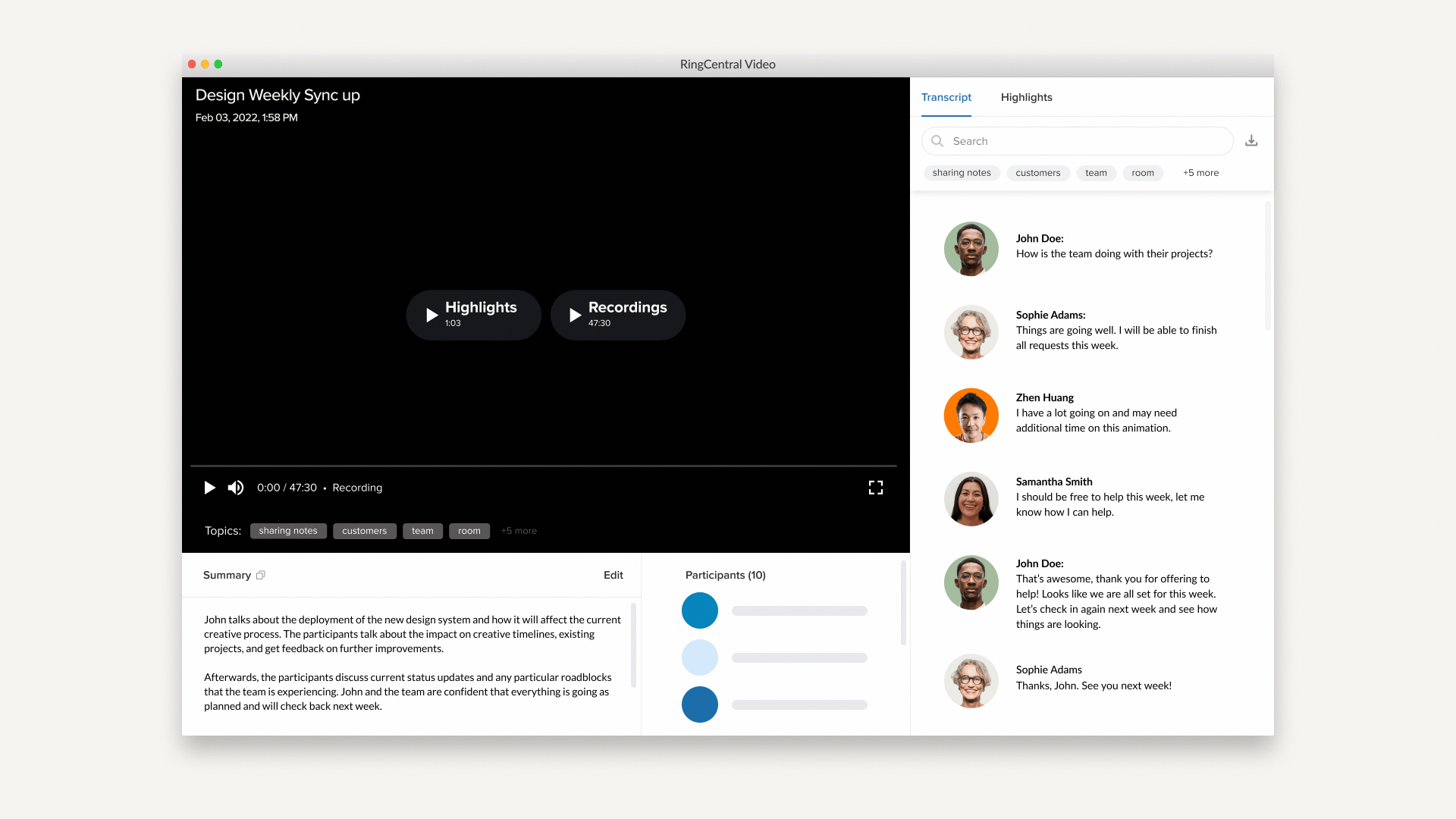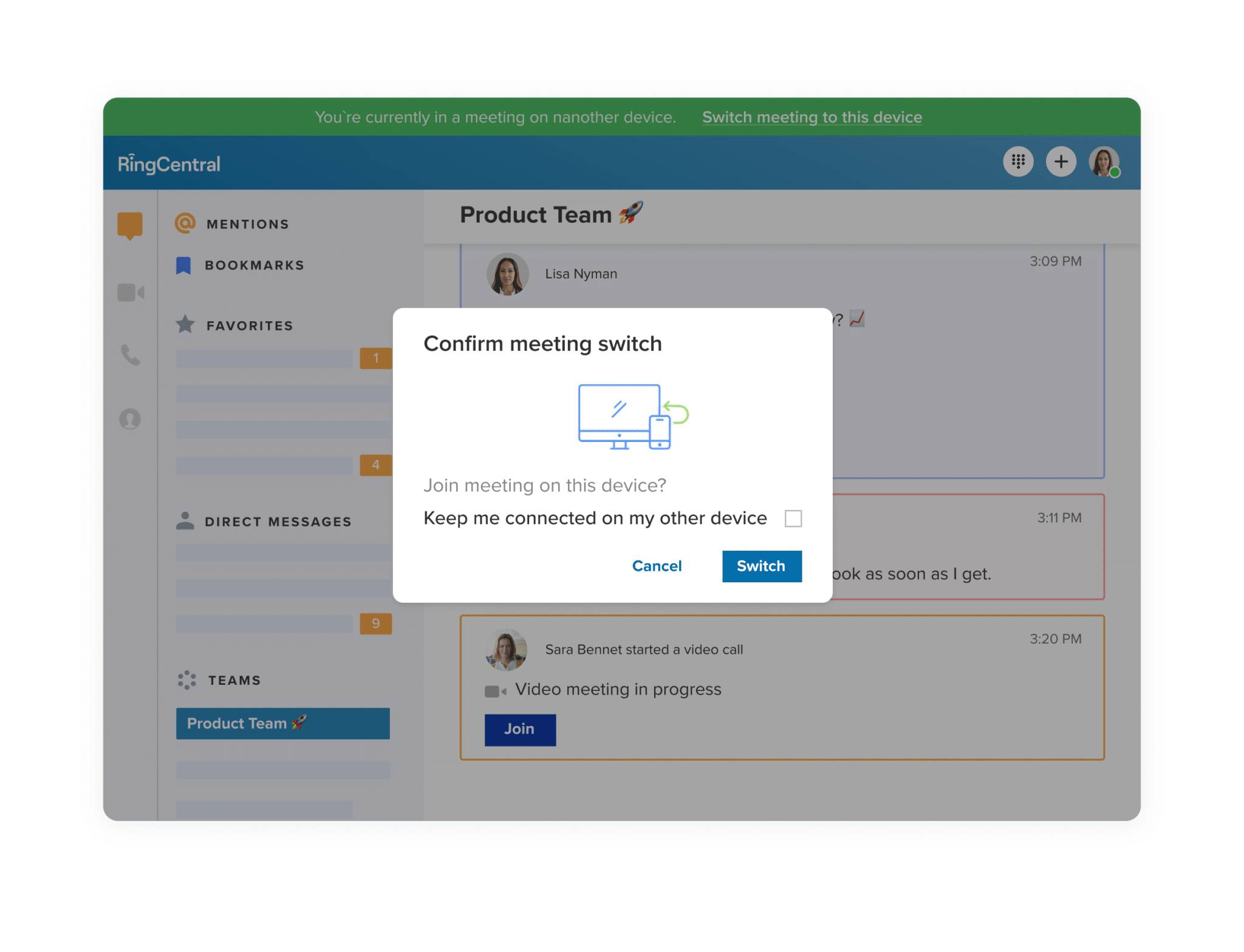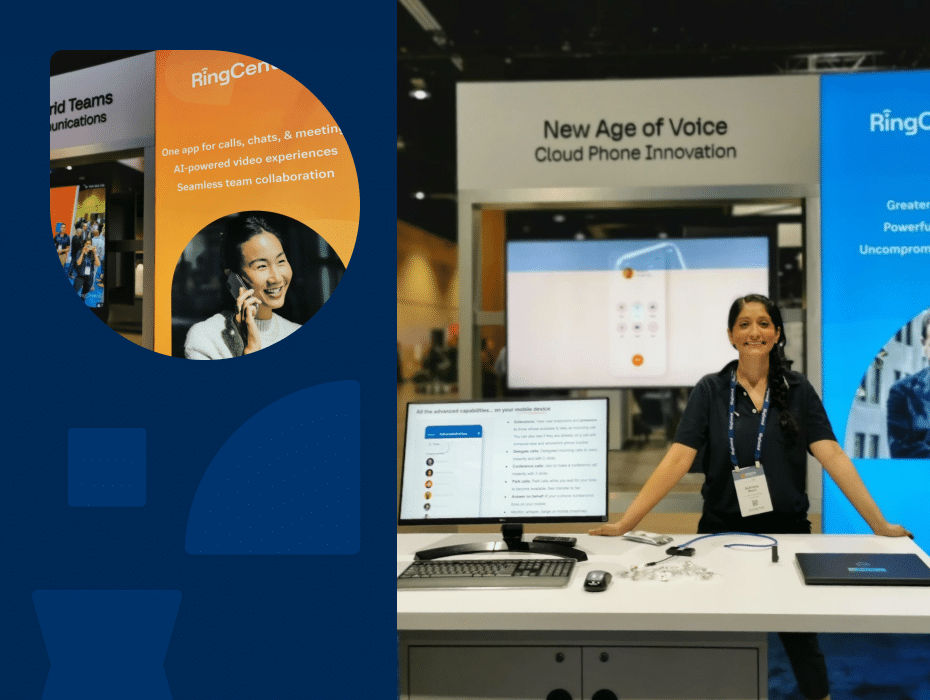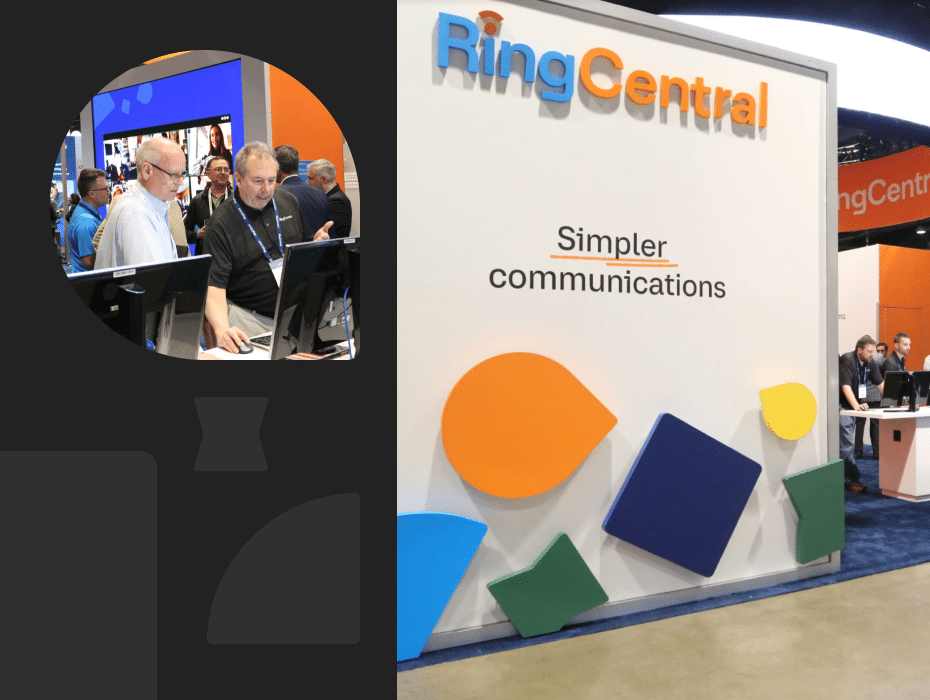Over the past couple of years, we’ve seen major changes to how we work. First, companies went from completely in the office to completely remote. Now, many of us are some mixture of the two—what we universally call the hybrid workplace.
But when the lockdowns occurred, many traditional teams transitioned into distributed teams. Sure, distributed team models were already common practice for global enterprises, but domestic teams based in different cities and timezones became a reality. And chances are that these changes are here to stay.
For me, this experience started a decade before the pandemic, when I was lucky enough to work for an organization that envisaged a different work world—where employees were judged on their inputs and outputs, regardless of location. That early remote working practice was a gift, offering immeasurable advantages when joining a new organization in the midst of their remote and hybrid work journey.
That’s why at Enterprise Connect 2022, I discussed the challenges leaders face when it comes to managing remote and culturally disparate teams. And as a member of a global team myself (I’m based in the UK while the rest of my team is scattered around the US and Europe), I also had a lot to share about the reality of working with geographically distributed teams.
Here’s how I think we can make the experience even better:
The biggest risk companies face: The Great Resignation
The adoption of permanent hybrid work is just one of the big shifts that are reshaping the workplace. Another big one that’s on leaders’ minds? The Great Resignation.
The huge number of workers leaving, or looking to leave, their jobs is neither a myth nor an exaggeration. Globally, more than four in 10 workers are considering quitting. That number is even higher in the U.S., where 55% are looking for a new job.
There are numerous other factors that contribute to this, but don’t underestimate small things that can add up on a daily basis. For example, 49% say they’d quit over frustrations with technology. And just 20% of the global workforce is considered to be engaged—a huge risk all around.
Driving engagement for global teams
Engaged employees are more productive and satisfied in their roles. They’re also five times less likely to quit than their non-engaged counterparts. For companies looking to reduce the risk of employee attrition, engagement is a good place to start.
And having a strong colleague network is an important element in keeping employees supported by their peers. But there’s no relationship more impactful than that of manager and employee.

Good managers are key to overcoming this attrition—onboarding and motivating new and existing talent. They know how to foster a culture of trust, how to help employees understand the meaning their work delivers, and how to embrace the latest the right technology and tools to propel work to the next level.
Companies will also need to address the growing issue of work-life balance. As the hybrid model blurs the lines between work and personal, employee burnout becomes a growing risk. This can be even greater for distributed teams who may find themselves holding meetings at unusual hours to accommodate time zone differences and flexing in other ways to bridge physical gaps.
How we bring global teams together
The challenges global teams face are not insurmountable—not by a long shot. But they do require some innovative strategies and tools to overcome.
Here are some of the biggest barriers global teams face—and how to address them.
1. The language challenge
With hiring extending beyond borders, teammates may have less in common than in the past—including their native language.
And given the rapid pace of video meetings, this can sometimes create communication challenges even for those who are conversationally fluent.

Live transcription is a helpful way to overcome language barriers, especially in real-time. RingCentral’s AI-powered live transcription feature creates an instant transcript that appears on the side of the meeting screen (and can be saved and accessed later).
Much like captions on a movie, it’s a helpful way to keep up with what’s being said.
2. The time zone challenge
With so many sessions on the calendar during regular workdays, keeping up with meetings is already a challenge. Add time zone conflicts into the mix and there’s a growing chance that not everyone on a distributed team will be able to make all their meetings (or make them on time).

Whether you miss a couple of minutes or the whole meeting, new Advanced Meeting Insights are the best way to get up to speed.
Powered by AI, our Advanced Meeting Insights feature dynamically generates meeting summaries in a variety of lengths and formats so you can get caught up at a glance. It even creates a 1-minute highlights reel, capturing all of the big moments of the meeting (think ESPN highlights). Watching your team meeting,

And—another common scenario for tightly scheduled global teams—if you’re running late to a session and need to join from your phone, and then want to switch to your desktop, there’s no need to drop off and rejoin (and miss precious minutes). Our Call Flip feature lets you do so with just a click.
Perhaps the most simple of all tactics though is to update your status profile. Take control by letting your teams know what time zone you’re in, keep your diary up to date, and block your non-negotiable out-of-office hours. With RingCentral, you can even configure your app to route calls to your voicemail, so that you don’t get that not-so-urgent-after-all 2am call!
Becoming a global business
These are exciting times for businesses—especially those who have been able to bring on new and diverse talent thanks to greater flexibility in where work gets done.
But as more workers demand more workplace flexibility and teams take on new members who are geographically remote, teamwork looks a lot different than it used to. Think of your communication tools as the bridge that keeps spread-out teams together and as a key solution for overcoming some inherent challenges that come along with hybrid work.
Check out our amazing booth from Enterprise Connect 2022.
Originally published Apr 19, 2022, updated Nov 03, 2023





